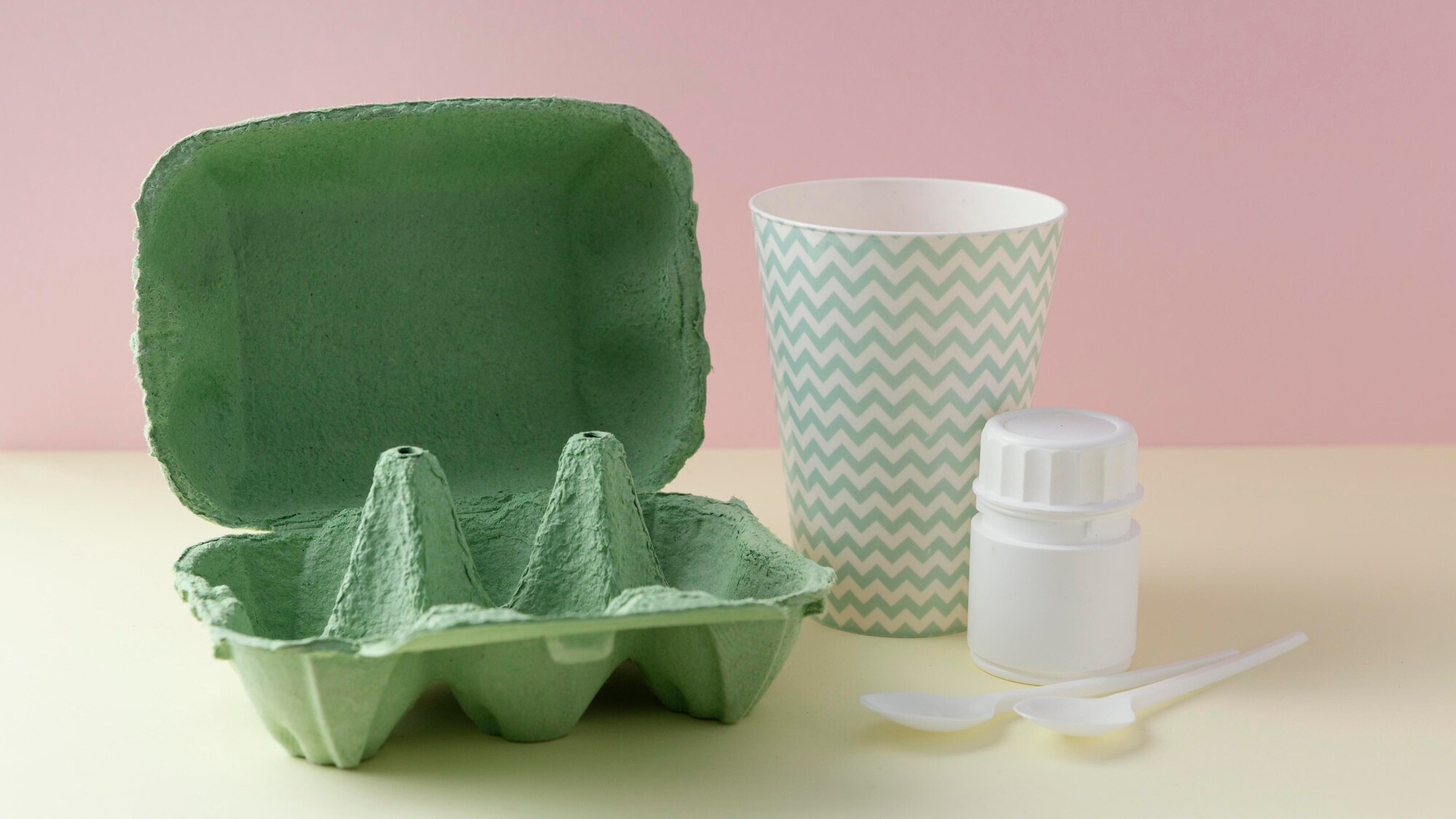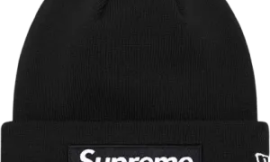In recent years, sustainability has become a significant driving force in the packaging industry. Consumers and businesses alike are becoming more aware of the environmental impact of packaging materials and are looking for eco-friendly alternatives. Among these alternatives, molded fiber is emerging as a leader, offering a sustainable solution to traditional packaging materials. In this article, we will explore how molded fiber is revolutionizing the packaging industry by reducing environmental impact, enhancing product protection, and promoting a circular economy.
The Rise of Molded Fiber as an Eco-Friendly Packaging Solution
Molded fiber packaging is quickly gaining recognition for its environmental benefits. Unlike plastic or polystyrene, molded fiber is made from natural, renewable fibers such as recycled paper, cardboard, or agricultural waste. This makes it biodegradable and compostable, offering a significant reduction in environmental harm. As consumer awareness about plastic pollution increases, businesses are actively seeking alternatives that align with their sustainability goals. Molded fiber packaging addresses this need by providing a solution that not only protects products but also helps companies minimize their ecological footprint.
In addition to being biodegradable, molded fiber has a lower carbon footprint compared to traditional plastic packaging. The production process is more energy-efficient, and the raw materials used are often sourced from recycled content. As a result, it significantly reduces the consumption of non-renewable resources. Furthermore, many companies in the packaging industry are shifting to using molded fiber because it is highly customizable, making it suitable for various products across different sectors, from food packaging to electronics and consumer goods. As sustainability continues to be a key priority, molded fiber’s eco-friendly attributes make it an increasingly attractive option for businesses looking to improve their packaging practices.
Molded Fiber’s Role in Reducing Single-Use Plastics
One of the most pressing environmental issues today is the widespread use of single-use plastics, which contribute to pollution and landfill waste. Molded fiber has emerged as a viable alternative to single-use plastic products, offering a more sustainable solution for packaging, food containers, and protective packaging. Unlike plastics, which can take hundreds of years to decompose, molded fiber is biodegradable and can break down naturally in a matter of months, reducing long-term environmental damage.
The shift towards molded fiber packaging is also gaining momentum in the food industry, where single-use plastic containers and utensils are prevalent. By adopting molded fiber, companies can reduce the amount of plastic waste generated, which is crucial in combating the global plastic pollution crisis. Molded fiber food packaging products, such as trays, plates, and cups, are not only eco-friendly but also durable, ensuring that they provide adequate protection while reducing reliance on plastic alternatives. In addition, consumers are increasingly seeking brands that prioritize sustainability, making molded fiber packaging a strategic choice for businesses that want to appeal to environmentally conscious customers.
The Benefits of Molded Fiber in Product Protection and Durability
While sustainability is a primary driver for the adoption of molded fiber, its ability to protect products is another crucial factor that makes it an ideal packaging material. Molded fiber is known for its excellent cushioning properties, which provide superior protection for delicate items. This makes it particularly valuable in industries where fragile products, such as electronics, cosmetics, and food, need to be safely packaged and transported. The sturdy design of molded fiber packaging ensures that products remain secure during shipping, reducing the risk of damage and lowering the need for costly returns.
The ability to absorb shocks and vibrations also makes molded fiber a superior alternative to plastic and foam, which are commonly used for protective packaging. Molded fiber products can be easily molded into custom shapes and sizes, allowing businesses to create packaging that fits their specific needs. Whether for a box, tray, or custom insert, molded fiber can be tailored to offer optimal protection for a variety of products, ensuring they arrive at their destination intact. This level of protection not only reduces waste but also improves customer satisfaction by ensuring that products are delivered in perfect condition.
Molded Fiber and the Circular Economy: A Sustainable Packaging Revolution
Another key advantage of molded fiber packaging is its contribution to the circular economy, a model that emphasizes the reuse and recycling of materials. Unlike plastic, which often ends up in landfills or oceans, molded fiber is designed to be recycled or composted, making it part of a closed-loop system. Once used, molded fiber products can be returned to the recycling process, where the fibers are reused to create new packaging or other products. This reduces the need for virgin materials and promotes a more sustainable production cycle.
The circular nature of molded fiber packaging supports the transition toward a more sustainable and resource-efficient economy. By utilizing renewable resources and promoting recyclability, businesses can significantly reduce their environmental impact while still meeting consumer demands for high-quality packaging. Furthermore, the use of recycled paper and other fiber-based materials in molded fiber products helps reduce deforestation and supports sustainable forestry practices. As more companies adopt molded fiber in their packaging strategies, they contribute to a circular economy that minimizes waste, conserves resources, and supports environmental sustainability.
The Future of Molded Fiber: Innovations and Market Growth
The future of molded fiber packaging looks promising, with ongoing innovations aimed at improving its functionality and expanding its applications. Researchers and packaging manufacturers are exploring new ways to enhance the performance of molded fiber, including developing more advanced molding technologies and incorporating additional renewable materials. One area of focus is increasing the water resistance of molded fiber, which would make it even more suitable for a broader range of applications, including food packaging for liquids and perishable goods.
As consumer demand for sustainable products continues to rise, the market for molded fiber packaging is expected to grow significantly. Companies are increasingly recognizing the importance of sustainability in their packaging choices, and molded fiber offers a versatile, environmentally friendly option that meets these demands. With advancements in technology and material science, molded fiber packaging will continue to evolve, providing businesses with more efficient and sustainable ways to package products. The future of molded fiber is bright, and its role in the packaging industry will only continue to expand as sustainability becomes an even more prominent global priority.
In conclusion, molded fiber is proving to be a game-changer in the world of sustainable packaging. Its biodegradable, renewable, and customizable nature makes it an ideal alternative to single-use plastics, while its ability to protect products ensures that it meets the demands of businesses and consumers alike. With a growing focus on sustainability, molded fiber is leading the charge in reducing waste, supporting the circular economy, and revolutionizing packaging practices. As the market for eco-friendly products continues to grow, molded fiber will undoubtedly play a central role in shaping the future of packaging.




